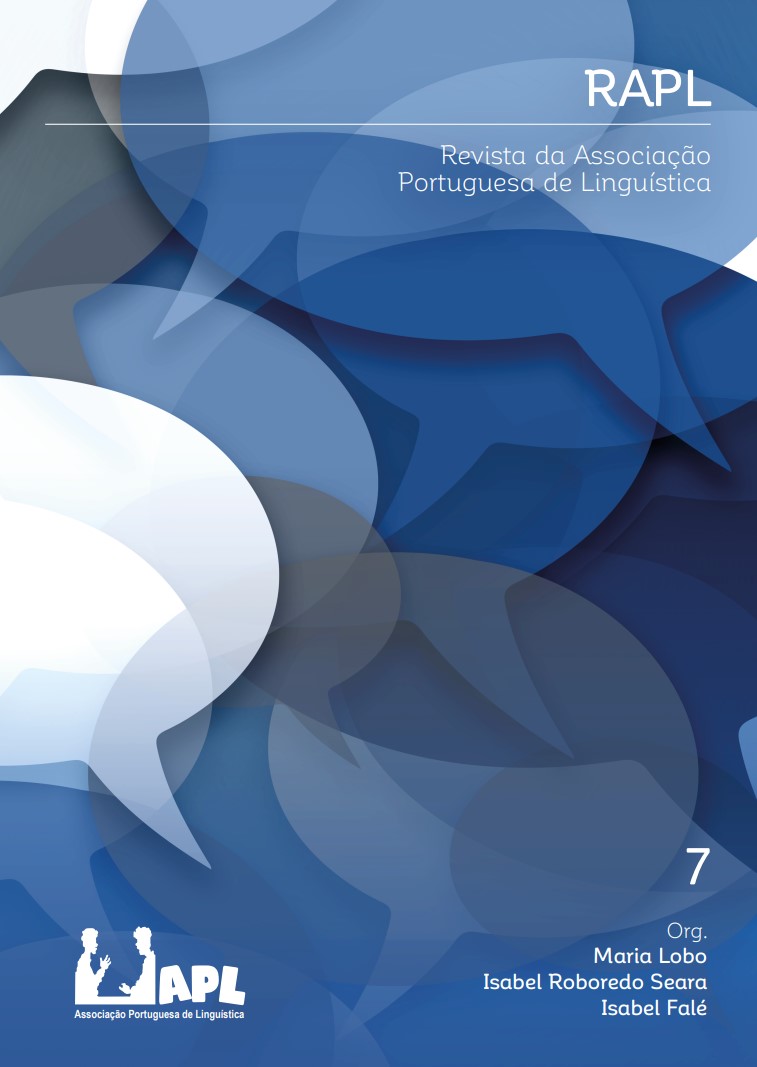Para um perfil do conhecimento gramatical da geração do milénio
DOI:
https://doi.org/10.26334/2183-9077/rapln7ano2020a3Palavras-chave:
ensino da gramática, aprendizagens gramaticais, conhecimento gramatical, currículo de língua materna, dicionário terminológicoResumo
The academic year 2019/20 is marked by the arrival at university of students born in the new millennium. When this generation of students began to ‘learn grammar’ at school, teachers and other specialists were debating the terminology for basic and secondary education and the place of grammar in the curriculum was changing. In this article, we propose to contribute to a description of the knowledge about language to which millennials had access, more than a decade after the Terminological Dictionary (DT) became official (DGE, 2008). Assuming that there is a prescribed curriculum and a real curriculum, we start from the question what is the place of grammar in the curriculum to offer a comparative analysis of the discourse prescribed for the teaching of grammar in official curricular documents approved between 2000/01 and 2019/20. From this analysis, we present an empirical study assessing the grammatical knowledge in European Portuguese of 65 students entering higher education in 2019/20. For this study, we used a diagnostic instrument, assessing knowledge of different grammatical topics, mainly in the domains of morphology and syntax. The results obtained, which update data from previous studies on students’ difficulties in grammar learning, suggest that terminological standardization and changes in the prescribed curriculum have not solved all the problems in the teaching of grammar.
Downloads
Downloads
Publicado
Como Citar
Edição
Secção
Licença
Direitos de Autor (c) 2020 Joana Batalha, Ana Luísa Costa

Este trabalho encontra-se publicado com a Licença Internacional Creative Commons Atribuição-NãoComercial-CompartilhaIgual 4.0.
Os autores mantêm os direitos autorais e concedem à revista o direito de primeira publicação. Os artigos estão simultaneamente licenciados sob a Creative Commons Attribution License que permite a partilha do trabalho com reconhecimento da sua autoria e da publicação inicial nesta revista.
Os autores têm autorização para disponibilizar a versão do texto publicada na RAPL em repositórios institucionais ou outras plataformas de distribuição de trabalhos académicos (p.ex. ResearchGate).





